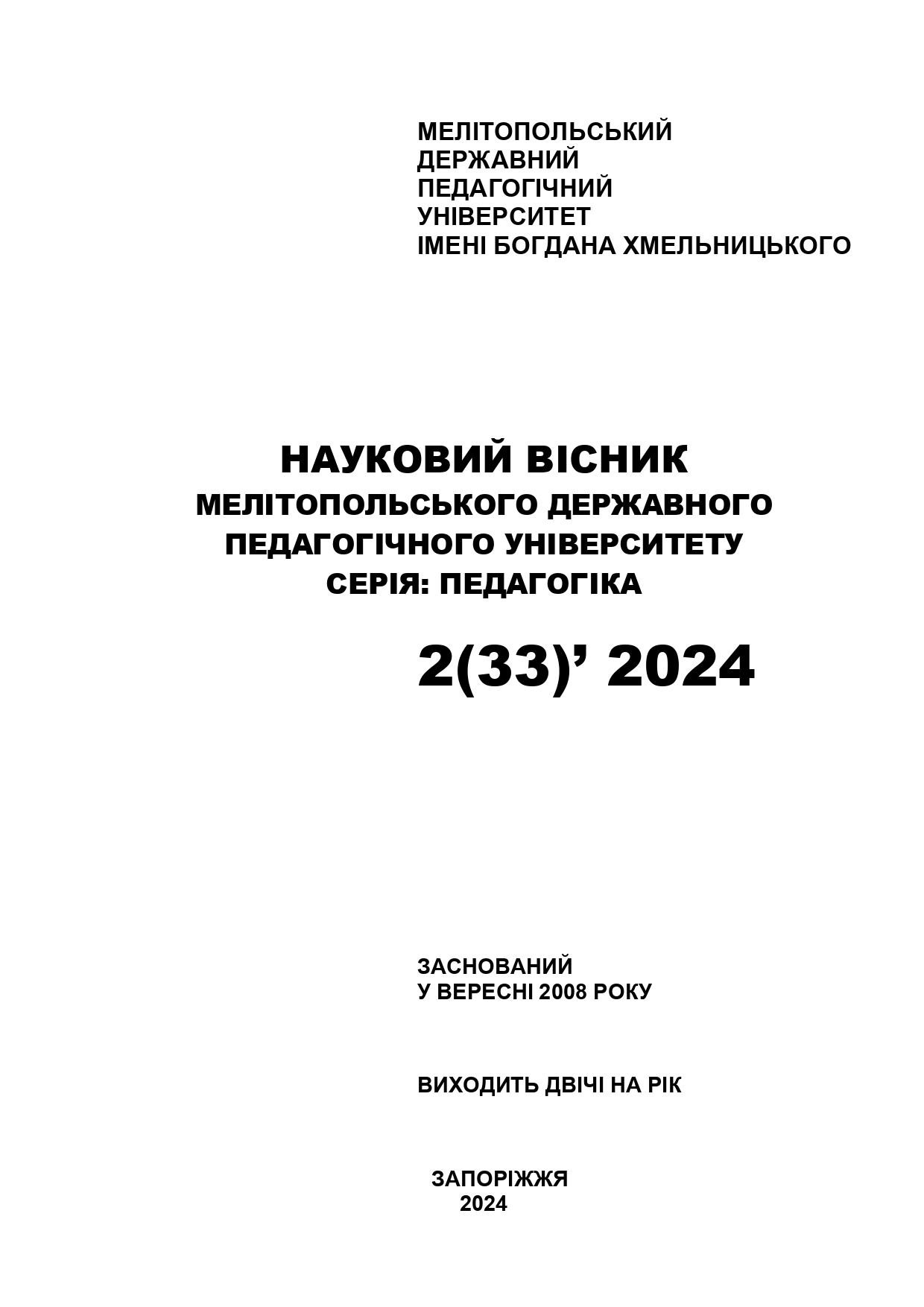Gamification as a tool for language and speech learning among younger schoolchildren
Abstract
The article examines gamification as an effective pedagogical tool for developing language and communication skills in young school[1]age children. The focus is on the advantages of integrating game elements into the educational process, particularly in stimulating students' interest and engagement in learning the Ukrainian language. The primary components of gamification are analyzed, including points, levels, achievement systems, competition, and reward incentives, which positively impact learning motivation and help students achieve strong results in mastering new language structures and rules. Special attention is given to the psychological aspects of gamification, such as boosting self-confidence, fostering critical thinking, and enhancing teamwork. Additionally, practical recommendations are provided for teachers on implementing gamification in language lessons, including examples of exercises and activities that reinforce language knowledge and communication skills. It is emphasized that gamification not only facilitates material comprehension but also promotes students' emotional engagement, sustains their interest in learning, and improves the overall classroom atmosphere.




